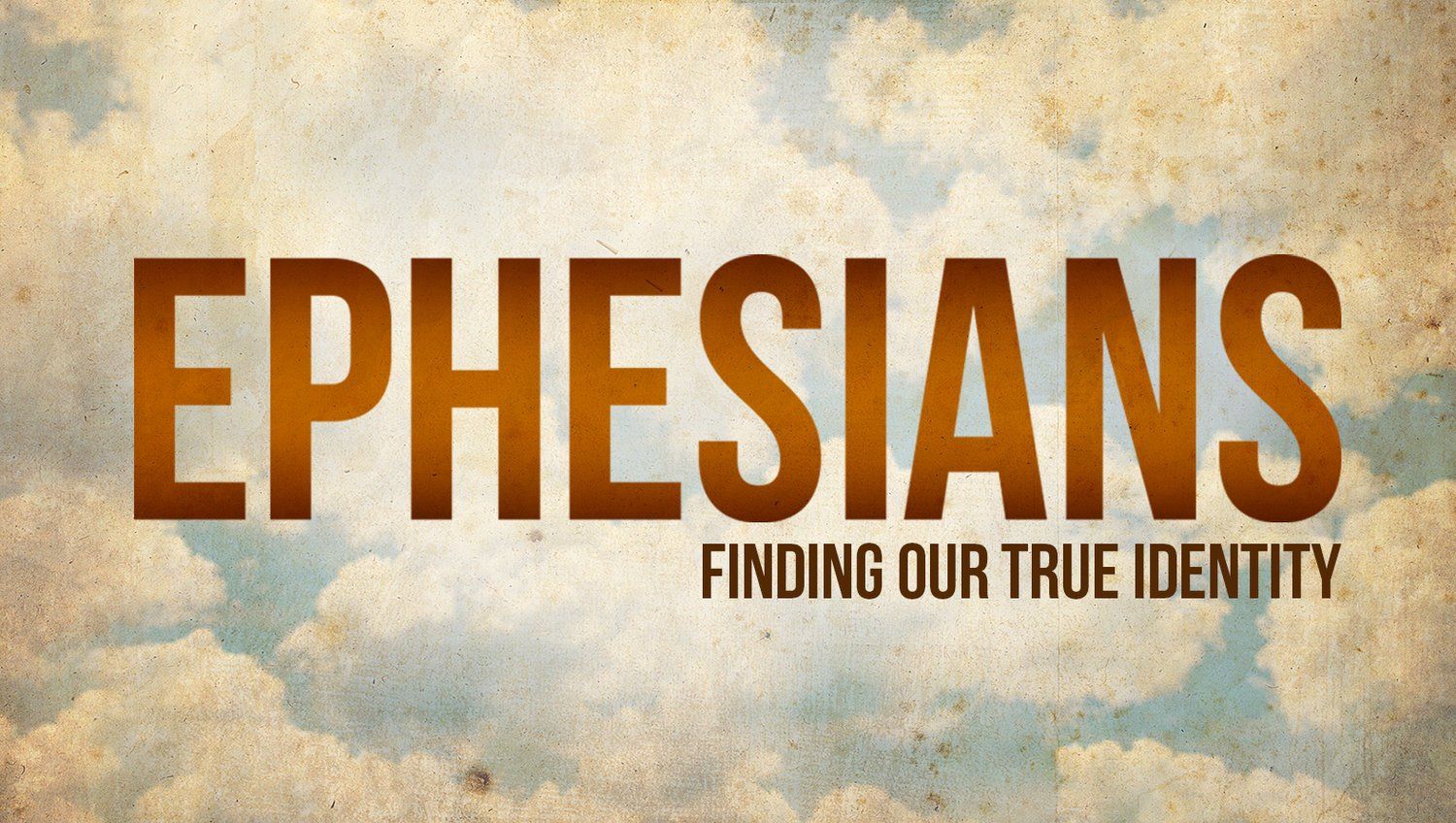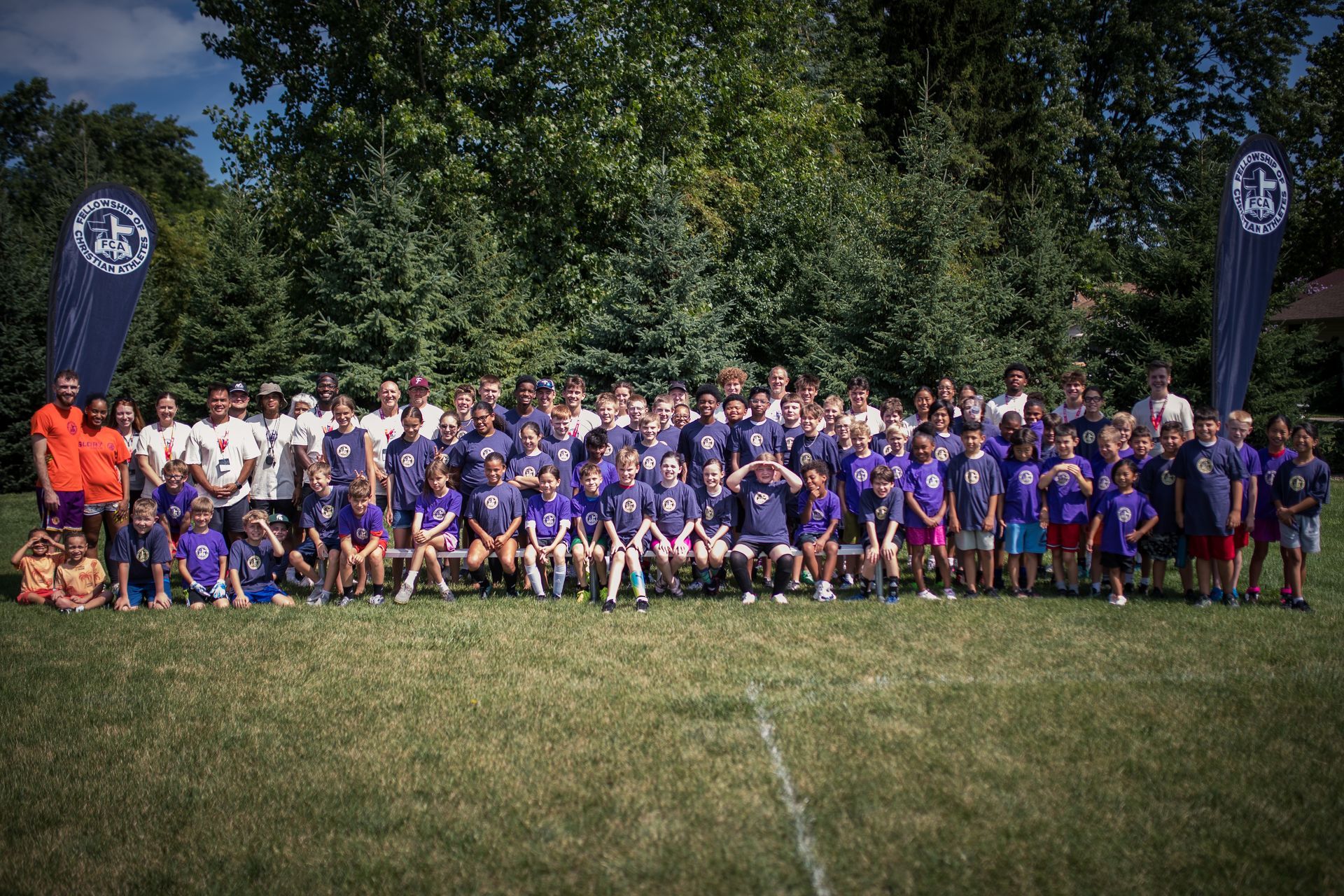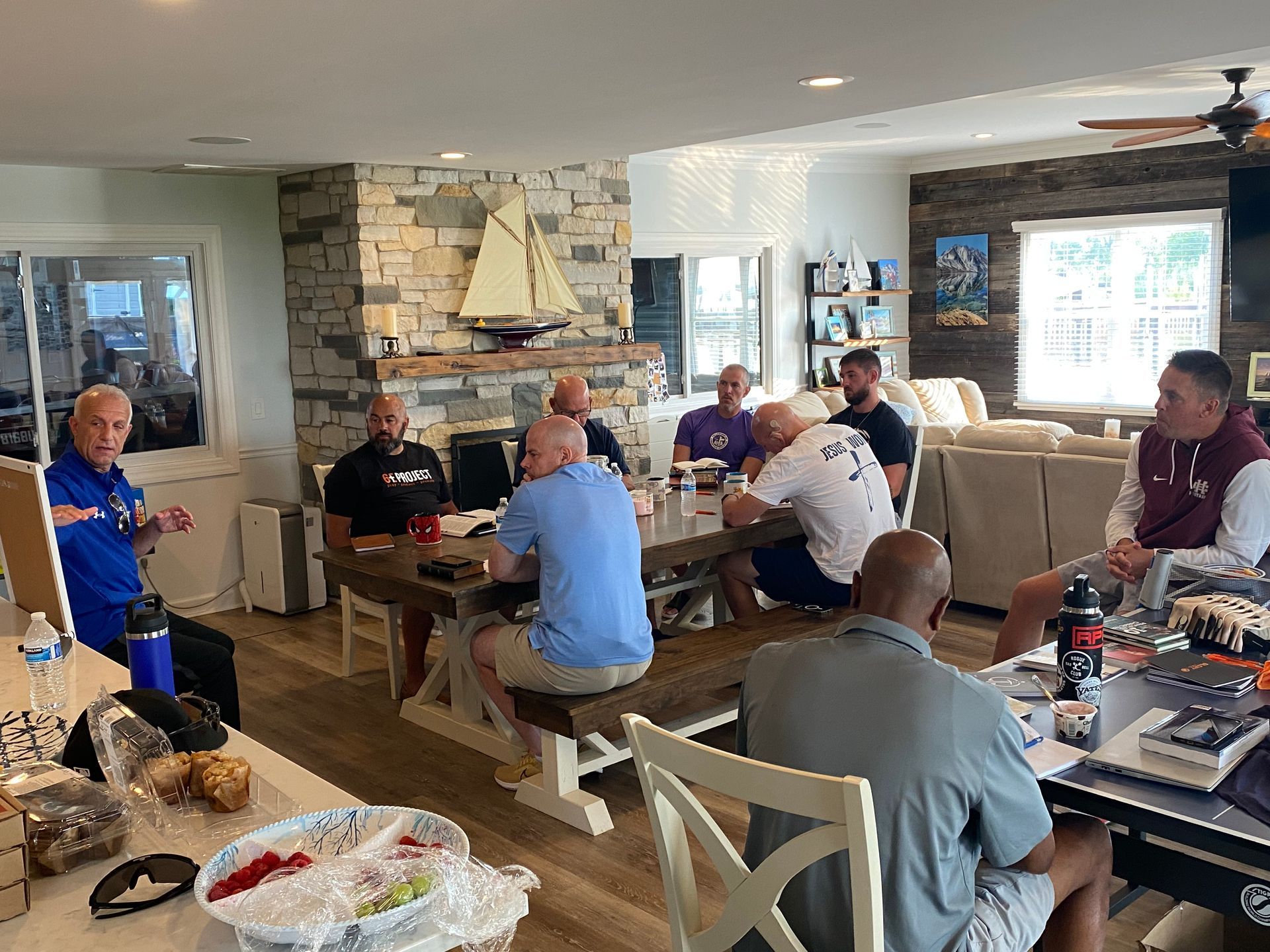Reflections of 2 Corinthians 6-10
Timothy Morton • October 20, 2020
Verses reflected on from 2 Corinthians: 6:14; 7:1; 8:3-5; 9:6-8; 10:3-5

Do not be yoked together with unbelievers. For what do righteousness and wickedness have in common? Or what fellowship can light have with darkness?
What was revealed to me in 2 Corinthians 6:14?
Paul gets to the heart of the matter. The Corinthian Christians love the world and association with it more than they love being a follower of Jesus. This prevents them from meeting Paul in the middle in order to have reconciliation. It's hard to know exactly how they were yoked with unbelievers. This verse is often used when a follower of Christ wants to marry an unbeliever. Many Pastors will not marry a couple if one is an unbeliever. In my research I learned that Paul is talking about much more than this.
It really applies to any environment where we let the world influence our thinking. When we are being conformed to this world and are not being transformed by the renewing of your mind (Romans 12:2), we join with unbelievers in an ungodly way. And this unequal yoke, or ungodly influence, may come through a book, a movie, a television show, a magazine, or even through worldly Christian friends. Most Christians are far too indiscriminate about the things they allow to influence their minds and lives.
Therefore, since we have these promises, dear friends, let us purify ourselves from everything that contaminates body and spirit, perfecting holiness out of reverence for God.
What was revealed to me in 2 Corinthians 7:1?
Paul wrote about in Chapter 6 the need to separate from worldly influences so that we can live a close life with God. If we separate ourselves from worldly thinking and acting, we are promised a closer relationship with God. There is a cleansing that God alone does in our lives, but there is also a cleansing that God wants to do in cooperation with us. I have read this passage in the past and related it to living a life of purity out of respect for God. But there is much more here. It is "easier" to purify ourselves from things that contaminate the body than it is to purity our spirit. Jesus would associate Himself with those who had impurities of the flesh. They would be receptive to Him. They were drawn to Him. Their sins were often visible. Jesus also spent time with those that were not impure from a fleshly standpoint, but spiritually were very impure. The Pharisees were self-righteous and had impure hearts. This is so important to understand! The sins of the heart take much more time and are much harder to remove. Our trials become part of the sanctification process to make us more holy. Being refined by fire is not fun. It hurts. But it is necessary for us to be set apart and to become more holy. I can speak to this from personal experience. As I am motivated to remove certain impurities from my life, I see how much I held on to them and how much I relied on them for comfort. They became a crutch for me and did not lead to spiritual fruit. The closer I get to God, the more of them I see. It's a little scary, but I'm so glad that it is being revealed to me. I must remember that it is the power of God that provides the strength and courage to remove it. This power is stronger than will power. Also, when we are open and are honest about them, we know bring the body of Christ into it. True brothers and sister will not condemn and judge but will edify and pray for and with you. The Holy Spirit can work through them in your behalf. It also gives us earthly accountability. This is the key to true change and becoming more spiritually pure.
For I testify that they gave as much as they were able, and even beyond their ability. Entirely on their own, they urgently pleaded with us for the privilege of sharing in this service to the Lord’s people. And they exceeded our expectations: They gave themselves first of all to the Lord, and then by the will of God also to us.
What was revealed to me in 2 Corinthians 8:3-5?
There is a large amount of scripture that relates to subject of money. In this case, it's about giving. Paul is raising money for the churches in Jerusalem that were very poor. The churches in Macedonia were also poor. But they gave what they could and with the right heart. This made an impression on Paul and he hoped that it would motivate the Corinthian Christians to do the same. There are some key words that stood out to me in this passage. The first is that they gave "beyond their ability". This meant that because of their situation, they decided to sacrifice for the benefit of another church. The question that popped into my mind was "Do I give sacrificially?" I would consider myself a generous person. The Lord has blessed my wife and me. It has seemed that as we have become more generous with giving, the Lord has provided all we have needed. Yet, I am still challenged. I am learning that true Christian generosity is not measured in terms of quantity, but in sacrifice. The next set of words that struck me was "they urgently pleaded with us for the privilege of sharing". They were begging Paul to receive the gift. They were excited about giving. They considered it a privilege to help advance the Gospel. What a wonderful mindset to have toward the giving of our resources and time. It is so interesting that those that often have less are more liberal in how they give. Why were the Macedonian such good examples of giving? Because they gave themselves to the Lord first. What does is look like to give yourself to the Lord? It means that we surrender our will to His will for us. We put our total trust in Him to provide and meet all our needs. I must admit, I have a long way to go in this matter. Being in full time ministry had given me perspective on this. I am a missionary that must rely on the graciousness of others so I can do the work of the ministry. It is very humbling, yet very powerful at the same time. I get to see the provision of the Lord firsthand. I have some amazing stories of how I have seen him provide resources. These generous partners in the work of the Kingdom consider it a privilege to be a part of the team and I am blessed to have them with me.
Remember this: Whoever sows sparingly will also reap sparingly, and whoever sows generously will also reap generously. Each of you should give what you have decided in your heart to give, not reluctantly or under compulsion, for God loves a cheerful giver. And God is able to bless you abundantly, so that in all things at all times, having all that you need, you will abound in every good work.
What was revealed to me in 2 Corinthians 9:6-8?
In the first five verses of this chapter Paul is writing to the Corinthian Christians as if they are the glowing example of giving and not those in Macedonia. Paul, like a good coach, believes in the best version of those he is serving. If he talks to them like they are who he is inspiring to be, then he hopes they will start to act like it. I can remember being at the end of a game and one of my players would get fouled and put to the foul line in a crucial situation with the game on the line. More than not, the opposing coach will call a timeout to try to "ice" the shooter. During the timeout, I wouldn't even look at the player who was going to shoot the foul shots. I would start my instruction to them with "after Dre makes these two foul shots, here is what we need to do". I wanted Dre to know that I had complete confidence in him for what he was about to do, not what he has done. Paul was instilling this confidence in the Corinthian Christians when it came to giving.
What do we reap when we give? We reap blessings that are both material and spiritual. We can trust the God will provide for our own material needs. Again, this may not be what we want, but it will be what we need according to what God thinks. Spiritually, we can be confident that God will reward it in His time and in His way. There will be an accounting for our actions and what we have done with what He has provided. I really feel that the key here is believing that everything we have is a gift from God. Yes, we do play a role in terms of our actions. If we are working under the authority of God with an attitude of gratitude, then our actions and words will reflect that. We will want what God wants. We will have compassion as He has compassion, we will see opportunities to give as a blessing not an obligation.
For though we live in the world, we do not wage war as the world does. The weapons we fight with are not the weapons of the world. On the contrary, they have divine power to demolish strongholds. We demolish arguments and every pretension that sets itself up against the knowledge of God, and we take captive every thought to make it obedient to Christ.
What was revealed to me in 2 Corinthians 10:3-5?
To me, this is all about spiritual warfare. I am a person of the flesh. I am in the world. Culture presses in on me from all sides. But the battle is not of the flesh. It's against the spiritual strongholds that influence us. Paul addresses this very well in Ephesians 6. The divine power he mentions here is the armor of God: The belt of truth, the breastplate of righteousness, feet grounded in peace, the shield of faith, the helmet of salvation, and the sword of the Spirit, God's Word. Brothers we are warriors for Christ! We are fully equipped for the battles we are facing. Through this power, we can fight off Satan and stand firm. Sin is conceived in the mind. Our mind is corrupt by nature. We don't have to even try. The battlefield, therefore, is our mind. I am learning that it comes down to what we feed our mind. Are they things of the flesh or are they things of the Spirit?
Metro Detroit FCA Blog

But our citizenship is in heaven. And we eagerly await a Savior from there, the Lord Jesus Christ, who, by the power that enables him to bring everything under his control, will transform our lowly bodies so that they will be like his glorious body. What was revealed to me in Philippians 3:20-21? I love traveling to other countries to see how others live and learn about their culture and history. Every country has a story, and it can give us perspective into their way of life. It can be a little awkward at times because I am in a place that is not my home. I am going to stand out in the crowd because I am not from there. And even though it is fun and exciting to learn about unfamiliar places, it is comforting to know that I will be going back home at some point where I am a born citizen. This is Paul's point with the Philippians. He even takes it one step further. We are citizens in heaven. This is not our home. Even what you think is your home is not. We need to act in such a way that others know where are home is. We need to be excited about finally being home with Jesus. It is like the week before a vacation. Your excited because you are going to be going somewhere different. Your live with anticipation of what is going to happen. The vacation never lives up to the hype and there is always the dreaded trip back home. Brothers and sisters, we will not have to worry about that. We can live with anticipation every day because we know that this is not our home, and we will be with Jesus one day. Except this time, it will live up to the hype and more. This time, we will not have the dreaded trip back. Jesus will bring all things back into order and we will have heavenly bodies free from sin. We will be with God forever! Amen, Amen, Amen! What a great letter that Paul wrote to the Philippians! There are so many "friends" and "daggers". A had a pastor who taught scripture memorization, who put verses into these two categories so he could access them depending on what was needed for the situation he was in. He had also struggled with depression and anxiety and the "friend" verses comforted him. He also felt spiritually attacked at times and needed a "dagger" to fend off the evil one. Here is my "friend" and "dagger" from Chapter 4: Friend: Rejoice in the Lord always. I will say it again: Rejoice! Let your gentleness be evident to all. The Lord is near. Do not be anxious about anything, but in every situation, by prayer and petition, with thanksgiving, present your requests to God. And the peace of God, which transcends all understanding, will guard your hearts and your minds in Christ Jesus. Dagger: I know what it is to be in need, and I know what it is to have plenty. I have learned the secret of being content in any and every situation, whether well fed or hungry, whether living in plenty or in want. I can do all this through him who gives me strength. What was revealed to me in Philippians 4:4-7 and 4:12-13? Paul’s joy was not based in a sunny optimism or positive mental attitude as much as it was the confidence that God was in control. It really was a joy in the Lord. When we live with the awareness of Jesus’ soon return, it makes it all the easier to rejoice in the Lord and to show gentleness to all men. Paul commands us to not be anxious. Worry is in fact a type of sin. God wants us to bring everything to Him. He already knows our requests before we say them, but He will wait for us to engage to work through our requests. I have a brother in Christ who has helped me with my prayer life. He lives by the adage "stop, drop, and pray". The peace of God does not just surpass the understanding of the worldly man; it surpasses all understanding. Even the godly man cannot comprehend this peace. When people seem to “lose” their heart or mind, it often is connected to an absence of the peace of God in their life. “There are a great many men that know a little how to be abased, that do not know at all how to abound. When they are put down into the pit with Joseph, they look up and see the starry promise, and they hope for an escape. But when they are put on the top of a pinnacle, their heads grow dizzy, and they are ready to fall.” (Spurgeon) Paul had to learn that contentment, is not natural to mankind. He lived it out. He was financially well off and he had been financially in need. According to Spurgeon, it is much harder to have a lot and be content. We start to think it is all about us and pride starts to seep in. This verse brings out the "dagger" to slay our pride. Paul had the ability to be content in all things because of the strength of Jesus. We must always also put this precious statement of faith in connection with John 15:5: for without Me you can do nothing. With Jesus we can do all things, without Him we cannot do anything.

I thank my God every time I remember you. In all my prayers for all of you, I always pray with joy 5because of your partnership in the gospel from the first day until now, being confident of this, that he who began a good work in you will carry it on to completion until the day of Christ Jesus. What was revealed to me in Philippians 1:4-6? This portion of Philippians is very special to me. I will often send it as a prayerful thank you for those that have partnered with me in the ministry of FCA. Whether it is the faithful prayers, the sharing of time and talents, and even financial resources, these are greatly needed and appreciated. There would be no ministry of FCA without this. Those in Philippi got behind Paul because of who he was and his heart for the Gospel of Jesus Christ. His "work" was spreading this "good news" throughout the world. They would not be compelled to do this unless they believed in him and his work. He wants them to be encouraged even though they face opposition. He wants to show them that even though he is in prison, the mission doesn't change. In fact, it becomes more important. Our mission is to lead every coach and athlete into a growing relationship with Jesus Christ and His church. This past year has been challenging for all of us. The opposition that we are up against here is nothing like what Paul went through, but we all have our own individual challenges that we are currently have or have had. The mission was clear back then and it is today. Our methods and strategies may have to change because of the circumstances we are in. God will complete His work! Do everything without grumbling or arguing, so that you may become blameless and pure, “children of God without fault in a warped and crooked generation.” Then you will shine among them like stars in the sky as you hold firmly to the word of life. What was revealed to me in Philippians 2:14-16? This chapter is all about humility. No one modeled this better than Jesus. The Philippians struggled with this. There is definite conflict among themselves or with God. One aspect of humility is how treat others in their presence. Do we act as if they have value? Or do we just want them to see our point of view as right and theirs as wrong. It's easy to treat someone well that believes like you and is a part of your circle. Do we see others as problems to be fixed? We can have the same attitude with God. It is easy to ask God the "why" questions when trials happen, or things don't go according to plan. We can become bitter and grumble instead of grateful and humble. Brothers, if we want to stand out and "shine like stars" we need to be different. We need to live in such a way that others will be curious as to why. We don't control how others will respond. We only have the ability through the power of the Holy Spirit to control our response. I had this quote that I would use with my players as I wanted them to be grateful for what they had and not bitter for want they didn't have: “Any fool can criticize, condemn, and complain, and most fools do!”

So Christ himself gave the apostles, the prophets, the evangelists, the pastors and teachers, to equip his people for works of service, so that the body of Christ may be built up until we all reach unity in the faith and in the knowledge of the Son of God and become mature, attaining to the whole measure of the fullness of Christ. What was revealed to me in Ephesians 4:11-13? Not all followers are called into ministry, but all play a role in the body of Christ. I once heard someone say that God doesn't call the qualified, He qualifies the call. He can use anyone who feels called. I just took a spiritual gifts assessment to find out what my spiritual gifts were. It was very affirming. My top spiritual gift was teaching. Tied for second was faith and leadership. The assessment had this charge: Be bold in your faith walk and take it to another level in teaching others. There is power in your teaching. Do not hold on to anything but use everything in His name and use to build the body of Christ. Keep your eye on the vision God has given you! This statement applies to every believer! Jesus has gifted you for the work and vision He has given you! We all need to use our gifts to build up the body. As we continue to battle every day, stumbling forward in the grace of God, we will become mature in Him. We will equip others. We will help bring unity and not division. This is our charge. I am proud to be in the battle on God’s team as we lock arms spiritually each day. However, each one of you also must love his wife as he loves himself, and the wife must respect her husband. What was revealed to me in Ephesians 5:33? If verse 33 in this great passage could be boiled down to two principles which must govern our thinking and our actions as married people, those two are: Husbands: Understand that you and your wife are one, are a unity. Wives: Understand that your unity has a head – your husband. These principles are easier said than done. Men and woman are made differently, therefore we communicate differently. A woman hears and sees things much differently than a man does. The key is that both in the marriage are accepting of God's plan for marriage and what His Word says about it. If I value my vertical relationship with God, then I will work under His authority and obey His Word. Therefore, I need to love my wife like Christ loved the church. I need to love my wife like my own body. I need to honor her as my helper. The better I love her with the love of Christ, the more motivated she will be to respect and honor me. For our struggle is not against flesh and blood, but against the rulers, against the authorities, against the powers of this dark world and against the spiritual forces of evil in the heavenly realms. Therefore put on the full armor of God, so that when the day of evil comes, you may be able to stand your ground, and after you have done everything, to stand. What was revealed to me in Ephesians 6:12-13? After Paul has given us instruction on why we should love and how we should love, he is clear in where the real battle can be found. There are so many facets to the character of Jesus that we can identify with depending on where we are in our faith and what trial we are going through. I have spent so much time identifying what an authentic man of God looks like and acts like. Every day I try to identify with my warrior Jesus. There is no doubt, if you are striving to follow Christ and be an authentic man of God, YOU WILL BE ATTACKED! What is helping me is that we have a Lord that knows this. In fact, He created these spiritual forces. He only allows them so much influence. He has given us the "armor" to stand and fight them off. He Himself experienced all the temptation that we go through. As an athlete and coach, I loved the battle because it was an opportunity for two things to happen. I could beat my opponent and teach them something and make them better or I could be the one that is taught the lesson. It is all about perspective. We need to prepare. We need to know our opponent and how He is going to attack us. The Holy Spirit can give us wisdom in this area. The full armor of God can protect our weak areas. The full armor of God can give us the weapon to fight back. There may be times when it feels like the enemy is winning. There may be times when the enemy is getting into our heads and creating doubt. But remember this, Jesus has already won the war over sin, death, and the devil. It was finished on the cross and through His resurrection. He is right there with us every day like a great General leading us into our daily battle. He has equipped us and will never leave our side. In Him we can stand.

In him we have redemption through his blood, the forgiveness of sins, in accordance with the riches of God’s grace that he lavished on us. With all wisdom and understanding, he made known to us the mystery of his will according to his good pleasure, which he purposed in Christ, to be put into effect when the times reach their fulfillment—to bring unity to all things in heaven and on earth under Christ. What was revealed to me in Ephesians 1:7-10? We have no redemption outside of Jesus and His blood. His good deeds did not save us. His wonderful teachings did not save us. Only His blood. It was part of the plan from the very beginning. God's grace is so immense that we struggle to comprehend it. Therefore, it is called a mystery. To those that do not know Him it is foolishness. To those that do not know Him they are destined to try to figure it out under their own wisdom and knowledge. Will power only takes you so far. I am learning that if I strive to work under the authority of Christ, God will reveal His great plan for me. Part of that plan will be the bringing of all things into unity. Right now, we see anything but unity in our country if you watch the news or spend time on social media. Satan is loving it when we get caught up in trying to be right and proving someone else wrong. He loves it when we spend all our time and energy trying to fix others to meet our agenda. Even the church itself is very divided. To call yourself a Christian today must come with some clarification. There are countless things that can divide. But God, is still working in the hearts of those who love Him. But Christ, is still changing the hearts of those that humble themselves and what to work under His authority and power. All things in Christ will be brought together in the fullness of the time. On that day there will be two things going on. There will be destruction and celebration. The challenge is to not fix others or condemn them. Only through the power of the Spirit can we love others and live our lives according to His principles. The whole book of Ephesians will help us with this! Consequently, you are no longer foreigners and strangers, but fellow citizens with God’s people and also members of his household, built on the foundation of the apostles and prophets, with Christ Jesus himself as the chief cornerstone. In him the whole building is joined together and rises to become a holy temple in the Lord. And in him you too are being built together to become a dwelling in which God lives by his Spirit. What was revealed to me in Ephesians 2:19-22? Paul ended the last chapter by considering that the ultimate example of God’s power was the resurrection of Jesus. Now Paul considers what the implications of Jesus’ resurrection power are for our life. We have been reconciled to God through the work and life of Jesus. He loved us when we were dead. He extends His amazing grace to save us and create faith. He has an amazing plan for us to work through in the time He has gifted us. This is for all people, not just for the Jew. Unity in one Spirit. It almost sounds too good to be true, but it is! There is only one thing that unifies and brings everyone together into God's family. The chief cornerstone, Jesus. I found this in my research on the cornerstone: Since ancient times, builders have used cornerstones in their construction projects. A cornerstone was the principal stone, usually placed at the corner of an edifice, to guide the workers in their course. The cornerstone was usually one of the largest, the most solid, and the most carefully constructed of any in the edifice. The Bible describes Jesus as the cornerstone that His church would be built upon. He is foundational. Once the cornerstone was set, it became the basis for determining every measurement in the remaining construction; everything was aligned to it. As the cornerstone of the building of the church, Jesus is our standard of measure and alignment. Each of us are a brick in the building of the holy temple of the Lord. God dwells with us by His Spirit. Brothers, this is so foundational to our faith! May we see ourselves as builders of the holy temple and Kingdom of the Lord. Each decision for Christ is another faithful brick to add around our chief cornerstone! I became a servant of this gospel by the gift of God’s grace given me through the working of his power. Although I am less than the least of all the Lord’s people, this grace was given me: to preach to the Gentiles the boundless riches of Christ, and to make plain to everyone the administration of this mystery, which for ages past was kept hidden in God, who created all things. What was revealed to me in Ephesians 3:7-9? This could only happen through the gospel, where all men have an equal standing in Jesus. This is the same gospel Paul is a servant of, because of the gift of grace given to him by the working of God’s power. Paul marveled at the grace given to him, by which he was called to preach the gospel that makes the mystery a reality. When we consider Paul’s personal history, we see that his calling really was all of grace. Paul’s passion was to make this gospel known to all people. He wants everybody to see and share in the fellowship of this mystery – which is a mystery precisely because it was unknown and unknowable until God revealed it. It demonstrates that these are not only facts to know but also a life to live, united in Jesus with other believers, without any separation such as existed between Jew and Gentile. There is so much richness in this chapter. The prayer at the end of the chapter is a wonderful encouragement to other believers who are trying to live out the gospel in their lives. The verses prior is Paul's way to explain what the mystery of the gospel is and the why we should be sharing it with others. The true gospel unifies and divides. The true gospel is a mystery. It was revealed with the finished work of Jesus on the cross. Paul was always marveled on the gift of God's grace because he remembered who he was. I have a bible study teacher at church who was saved when he was 35 years old driving down I-75. The mystery of the gospel finally became clear to him and he surrendered. His life is now dedicated to sharing in the fellowship of this mystery. It is revealed through His Word. It is revealed in the changed lives of others that we see. It is revealed by the Holy Spirit when a heart and mind are receptive. He has this quote that he uses that I think is so true of all believers who have surrendered. "I'm not who I want to be. I'm not who I ought to be, but I'm not who I used to be."









